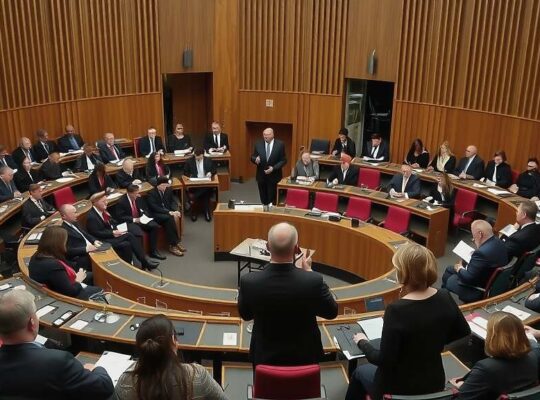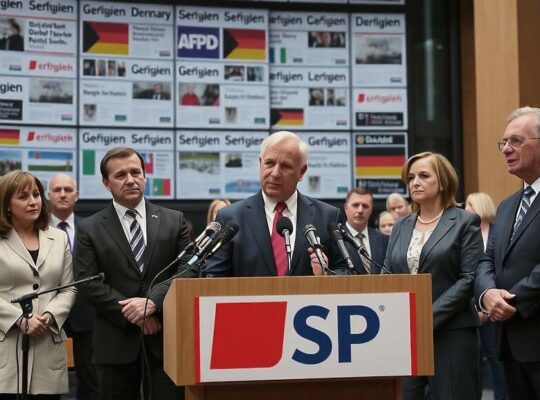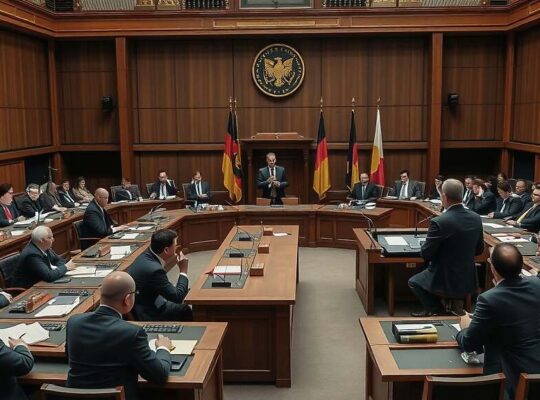A significant disagreement has arisen regarding proposed reforms to Germany’s inheritance tax system. Recent suggestions by SPD Secretary General Tim Klüssendorf, advocating for a “lifetime allowance” for inheritances, have been firmly rejected by representatives of the conservative Union parties (CDU/CSU).
CDU/CSU parliamentary group deputy leader, Sepp Müller, expressed concerns that such a reform would disproportionately burden entrepreneurs and hinder economic recovery. He argued that private investment plays a more beneficial role than state intervention, referencing the substantial contributions made by individuals like SAP founder Hasso Plattner through both business endeavors and philanthropy.
The CSU, a sister party within the Union, echoed this sentiment, with Secretary General Martin Huber stating that it is unacceptable for the state to profit from the life’s work of parents who have strived to create prosperity for their children and grandchildren. Huber reiterated a call for greater autonomy for the federal states in determining inheritance tax rates.
Adding another perspective to the debate, Reiner Holznagel, president of the German Taxpayers Association, championed a different approach, proposing increased tax allowances for those “making” inheritances, rather than those receiving them. He argued this would allow individuals to decide how their assets are distributed, potentially including beneficiaries beyond immediate family.
The proposals reflect an ongoing discourse regarding the balance between state revenue generation and the encouragement of private wealth creation and intergenerational transfer.












